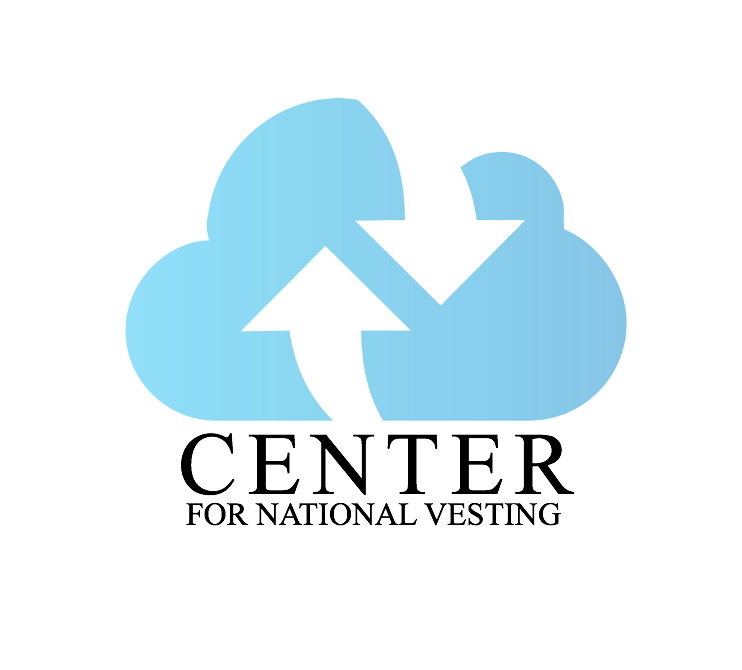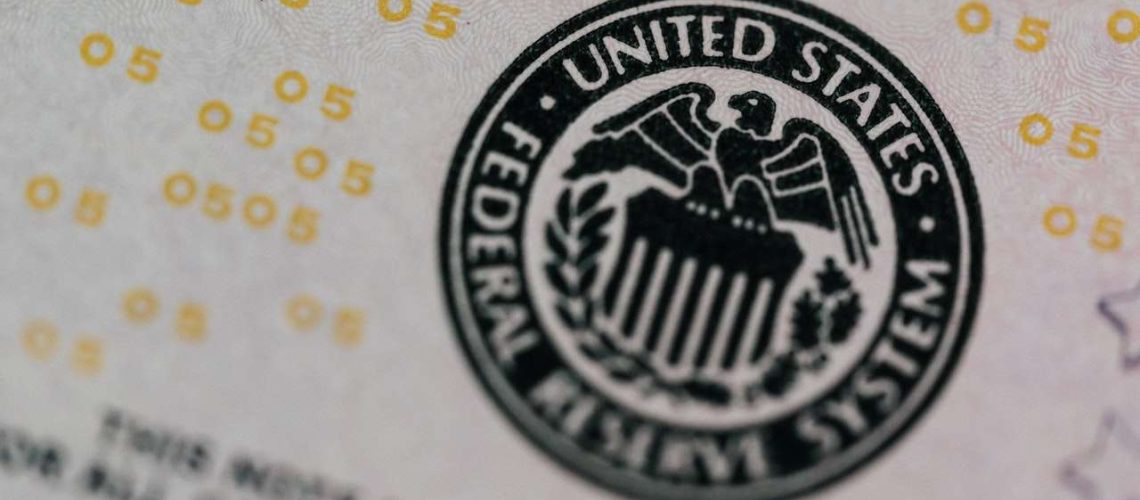As Congress debates a Covid-19 relief package, this economic plan can lift all Americans
There has been significant debate in recent weeks about a Covid-19 relief plan that would help all Americans. Ultimately, the U.S. Senate approved a budget plan for President Joseph Biden’s $1.9 trillion relief package.
But there is still much to be worked out. As The Wall Street Journal reported on Feb. 5, the hard work now begins. “House and Senate committees will now start a weeks-long process of working on their individual pieces of the actual aid legislation,” the Journal wrote.
For instance, there are questions about the minimum wage as President Biden wants the minimum wage raised to $15 an hour, while Republicans disagree with raising it during the pandemic. Also, Biden wants to send relief $1,400 relief checks to Americans while a group of bipartisan senators does not want to send the checks to upper-income taxpayers.
There is a way to address the challenges at hand. And it starts with leveraging a sound economic concept from the Center for National Vesting. National vesting, which is a new economic paradigm espoused by the Center for National Vesting, has the potential to solve virtually every economic problem imaginable.
Robert Whitehair, founder of the Center for National Vesting, has found, through his mathematical formulas, what he calls “a market surplus that now exceeds $15 trillion per year.”
So, what does this mean specifically for overburdened taxpayers and those seeking a livable wage in the context of the Biden plan? In short, it’s money that can be returned to Americans.
On the taxes front, in a vested economy, it is possible to reduce the tax burden on individuals and businesses, while still increasing pay, benefits, and educational opportunities. That means that there is more money available to consumers, which helps increase the retail spending activity of those consumers. That’s a win-win situation for both consumers and businesses.
And those seeking a higher minimum wage would actually earn a livable wage in a vested economy. Vested economics acts as a sort of sponge for absorbing an economy’s excess supply of goods and services and that money is apportioned back to workers in an equitable manner.
In this age of sorely needed economic relief to Americans, vested economics is a solution that benefits everyone.

